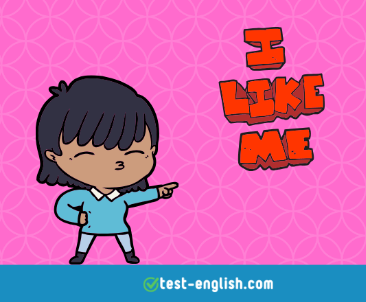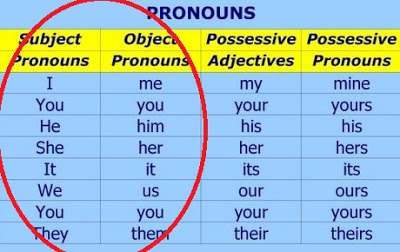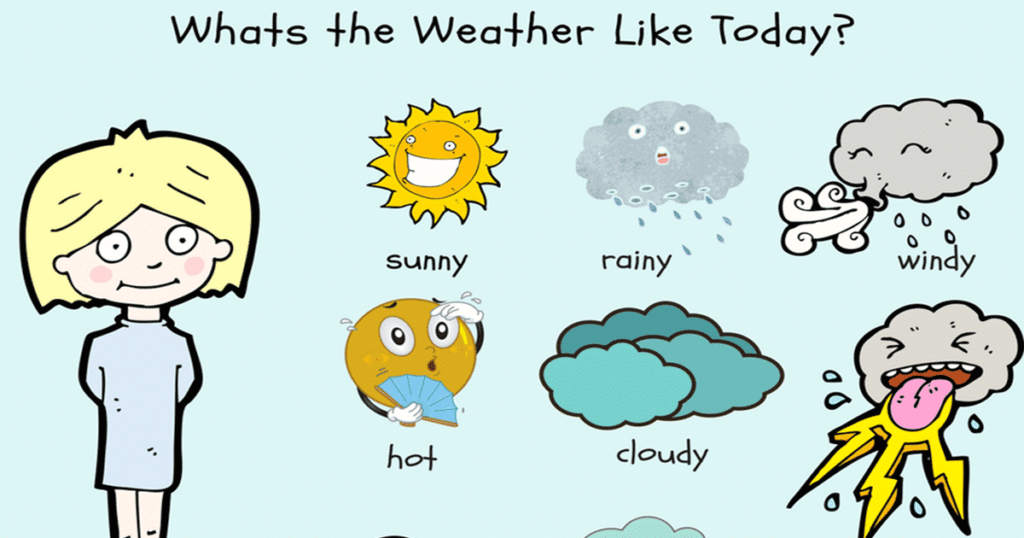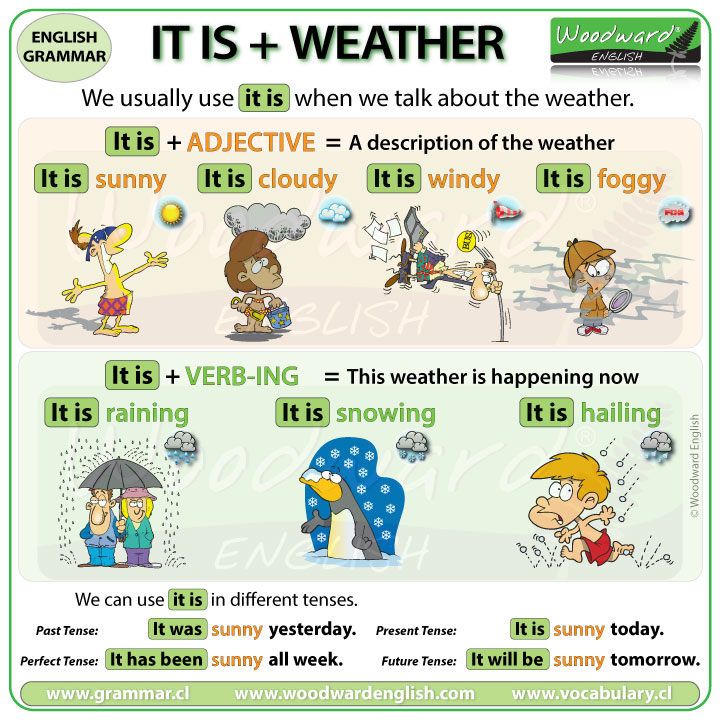
I tell my students, “It’s nice to see you” every time we meet.
And that is a speaking problem many students have.
So when do we use “Nice to meet you” or “Nice to see you”?
Listen carefully and make/take notes.
WHEN YOU MEET A NEW PERSON FOR THE FIRST TIME :
“It’s nice to meet you!”

WHEN IT IS NOT THE FIRST TIME YOU ARE MEETING SOMEONE:
“It’s nice to see you!”
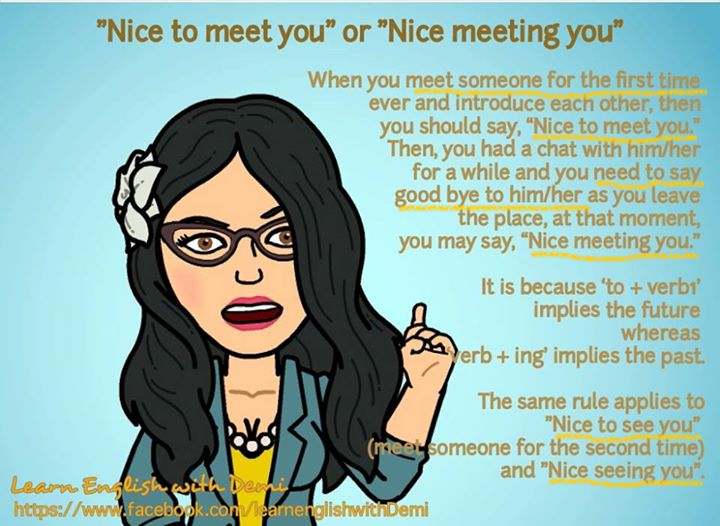
In everyday life, “It was nice to meet you” is used the same way as “It was nice meeting you.”
As well as “It was nice to see you” and “It was nice seeing you.”
Na vida cotidiana, “It was nice to meet you” é usado da mesma forma que “It was nice meeting you.”
Assim como “It was nice to see you” e “It was nice seeing you.”
They are used interchangeably and have nearly the same meaning. Both forms are polite ways to express that you enjoyed meeting or seeing someone:
Elas são usadas de forma intercambiável e têm quase o mesmo significado. Ambas as formas são maneiras educadas de expressar que você gostou de conhecer ou rever alguém:
1. “It was nice to meet/see you”
- This version feels a bit more formal or standard. It’s often used in business settings or when you meet someone for the first time.
- Example: “It was nice to meet you at the conference today.”
Essa versão parece um pouco mais formal ou padrão. É frequentemente usada em ambientes de negócios ou quando você encontra alguém pela primeira vez. Exemplo: Foi um prazer conhecê-lo na conferência hoje.
2. “It was nice meeting/seeing you”
- This version sounds slightly more casual. It’s often used in informal situations or when you want to express a more relaxed or personal tone.
- Example: “It was nice meeting you at the party last night.”
Essa versão soa um pouco mais casual. É frequentemente usada em situações informais ou quando você quer expressar um tom mais descontraído ou pessoal.
Exemplo: Foi bom te conhecer na festa de ontem à noite.


